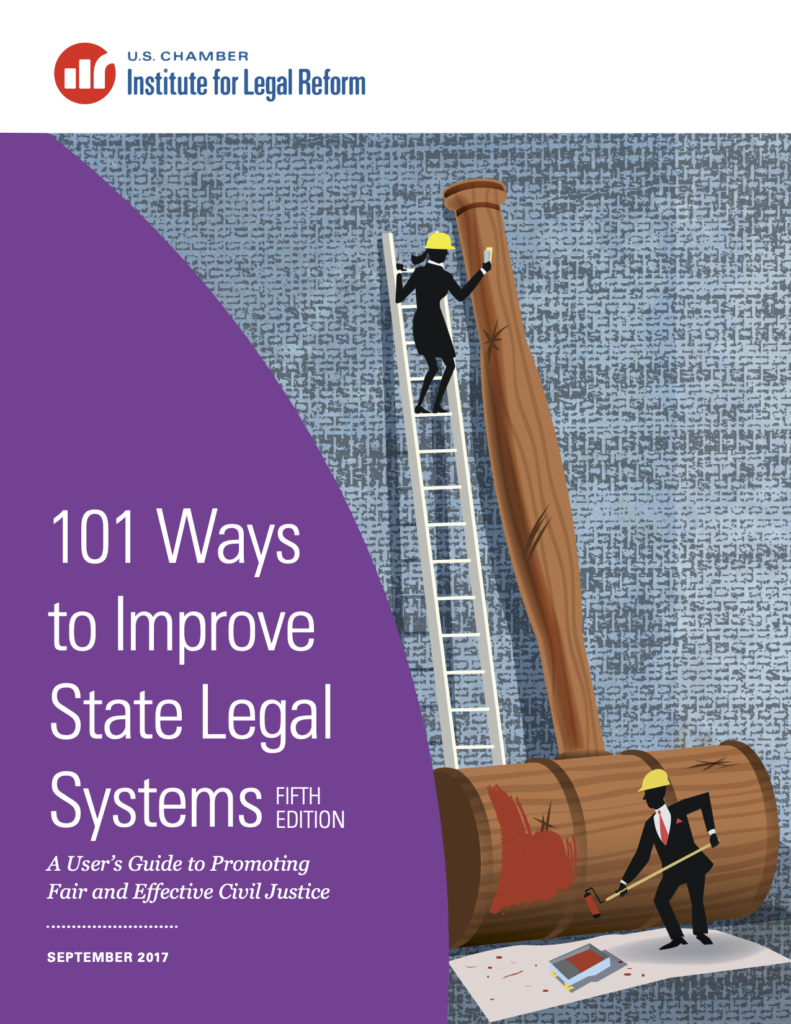Judging by the headlines, the federal government’s efforts to prosecute fraud against the government in health care have been a great success. In the last decade, the annual fines imposed on pharmaceutical
companies alone have increased 813 percent and approached a total of $25 billion in health care fraud recoveries,3 with more promised for 2012.4 But a deeper examination of these numbers suggests that the headlines may not reflect reality, and that there are significant problems with current enforcement of anti-fraud statutes.
A rational, effective, and fair health care fraud enforcement system should: 1) impose appropriate penalties on companies and individuals who defraud the government and generate appropriate recoveries for the public fisc; 2) afford those who believe they are wrongfully accused a meaningful opportunity to test the government’s charges against them; 3) allow the courts to serve as the ultimate arbiter of the facts and the laws that govern the area, providing clear notice of what the law requires; and 4) ensure that companies that provide medicines and medical devices for patients in federal health care programs adopt and operate the most effective corporate integrity systems to minimize future violations.
These should not be controversial points. Yet the enforcement regime that has evolved in the United States over the last 15 years does not reliably accomplish any of these basic goals. Indeed, a review of the current enforcement regime reveals dysfunctional dimensions.
- First, even on its own terms, a system yielding huge and escalating settlements is not sustainable. The settlements themselves impose high costs on businesses that produce important—even life-saving—products and thus are harmful to the health care system and bad for the economy. The federal government’s goal should be to reduce these losses to the health care system by focusing on increased compliance with clear rules, thereby obviating any call for the imposition of penalties. Yet the government appears to be advocating more of the same—extracting ever larger sums from pharmaceutical and medical device companies, without apparently giving genuine consideration to whether alternatives might produce better compliance at lower costs.
- Second, the current system of huge out-of-court settlements fails to provide clear rules because enforcement avoids the courts almost entirely, leaving companies who want to understand and comply with the law without meaningful guidance in many areas.
- Third, those unusual cases that have gone to trial (almost invariably against individuals, after the government has obtained a major out-of-court settlement with their manufacturer employer) often demonstrate that the government’s case was overblown, or in some cases completely unfounded, leading to acquittals that in turn suggest that the settlements were unsound.
- Finally, the government has pursued criminal charges or career-destroying exclusion from the industry against individuals even where the government admits that the individuals played no role in the alleged crime. Despite the patent unfairness of the idea, and despite the government’s selfcongratulatory press releases about major settlements, government officials themselves openly question whether the escalating payments extracted through settlements and corporate pleas can bring about better compliance. Their disturbing solution is to increase recourse to punishing individuals who are without fault.

